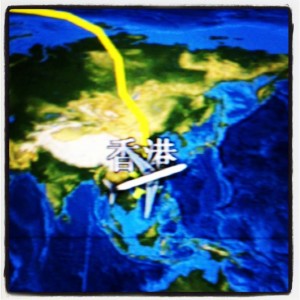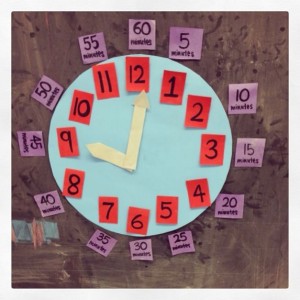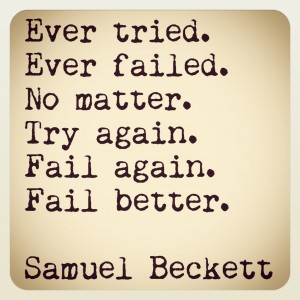
Vic really could be the backdrop for any number of novels
I encountered the greats in my Intro English classes, hungrily read my Classical Mythology textbook cover-to-cover and enrolled in PSY100. Soon, however, I discovered that what I had asked for was not what I wanted. I often felt disengaged and unable to contribute due to a serious lack of knowledge. My essay marks were sub-par, my class participation trivial and I felt on edge all the time. I remember the exact moment in a seminar when I thought to myself, “I don’t understand or care about any of this! What am I doing here?” Furthermore, my international status meant uncomfortable get-to-know-you conversations with classmates. My general knowledge, interests and lifestyle were so different that every conversation only highlighted this difference.I hated how I sounded in my head:
“Well where I’m from…” or “I listen to so and so, no you don’t know?”
“Yes. Where I’m from we all speak English.” “No, Singapore is not in Japan, or a part of China. It’s its own country. But I live in Hong Kong now." Hong Kong is 12 hours forward in time zone.
Hong Kong is 12 hours forward in time zone.

Manipulate time? All in a day's work.
At the end of last year, I decided I‘d complete my degrees, but also admitted that I didn’t want to be a teacher anymore. Four years later, it feels like I’ve come full circle: what I asked for is not what I want. People often ask me, “Isn’t it a waste? Why close those career doors, Jasmine? You worked so hard for so long. The implications of changing are more serious now than in first year.” No it is not a waste. I have hated and loved my experiences. I have developed close friendships with all kinds of people. I have nurtured a deep love for the Arts and Humanities and will pursue them. More importantly, I go through each year strongly aware of how far I’ve come, because I keep that first year close to me. I have discovered more about what I can achieve and how to persevere. Failure teaches us these things more succinctly than success ever will. If you feel like your decisions or lack thereof have dug you into a hole you can’t see out of, take heart. It is okay to drop what is not working for you. It is okay to persevere at what seems to keep beating you down.
Way to persevere! No knowledge or experience is ever wasted.